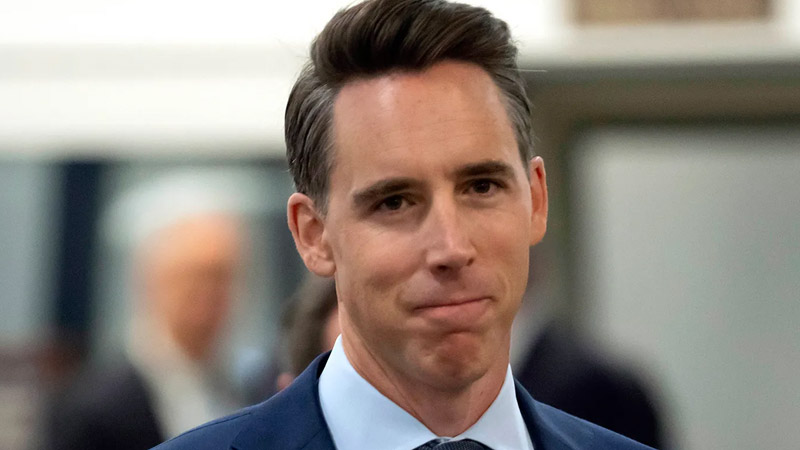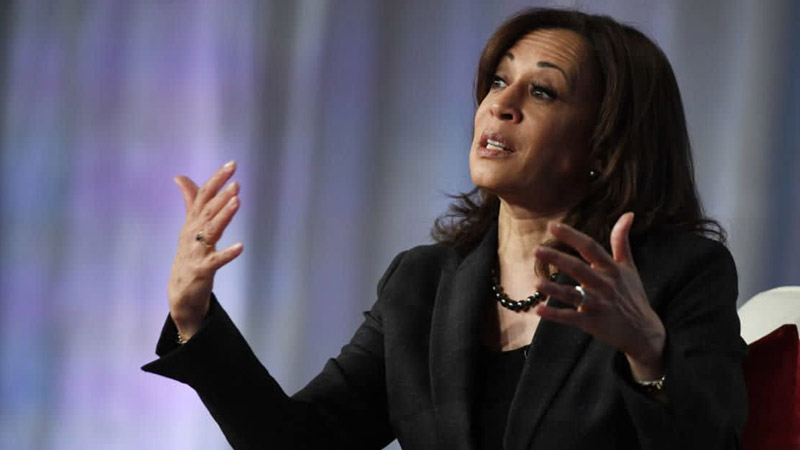‘We Need to Deliver Real and Meaningful Tax Relief’: Hawley’s $5,000 Child Tax Credit Proposal Gains Surprising Democratic Support

Photo: Mark Schiefelbein
Sen. Josh Hawley (R-MO), a prominent MAGA ally, is pushing a bold proposal to increase the child tax credit, earning unexpected bipartisan backing. On Monday, Hawley revealed his plan to raise the child tax credit from its current maximum of $2,000 to $5,000 per child, according to Axios.
“These are the people—working-class people with families—who elected Donald Trump, and we need to deliver real and meaningful tax relief to them,” Hawley said in an interview with Axios. The Missouri senator added that he has already discussed the proposal with President-elect Donald Trump and his team, citing Vice President-elect JD Vance as the source of the specific $5,000 figure.
In a surprising show of support, Sen.-elect Ruben Gallego (D-AZ) endorsed Hawley’s idea. Gallego, a Democratic congressman elected to the Senate last month, shared his approval on social media platform X. “I’ve long said we need to do everything we can to support families. Increasing the child tax credit puts more money in the pockets of Arizonans. Let’s do it,” he wrote, linking to the interview.
The bipartisan interest in Hawley’s proposal signals a rare moment of agreement on economic policy, though it raises questions about its fiscal feasibility. Experts project that increasing the credit could cost between $2 trillion and $3 trillion over the next decade. The steep price tag could create challenges for Republican leadership, particularly Senate Majority Leader John Thune (R-SD) and House Speaker Mike Johnson (R-LA), who face tight margins as they aim to extend Trump’s 2017 tax cuts.

According to Axios, only three Republican senators—including Hawley—supported expanding the child tax credit earlier this year in a bipartisan tax deal that ultimately failed. Hawley’s renewed push for the proposal underscores his focus on addressing the needs of working families while aligning with MAGA priorities.
The plan’s political and financial implications remain unclear, but its bipartisan reception signals growing momentum for policies aimed at easing economic burdens on families. As Hawley advocates for “real and meaningful tax relief,” the proposal sets the stage for a high-stakes debate on tax policy in the new Congress.


